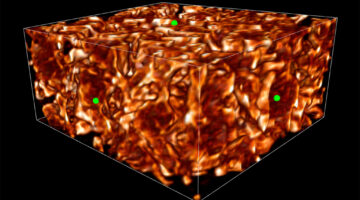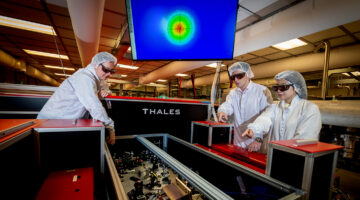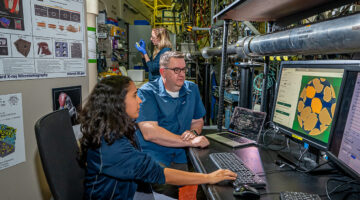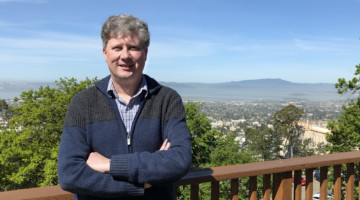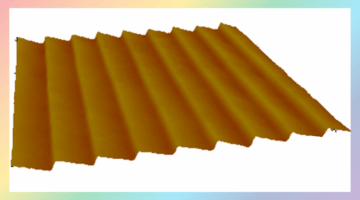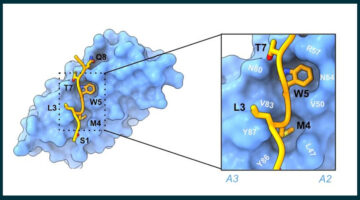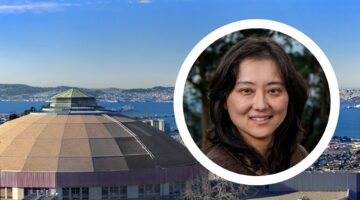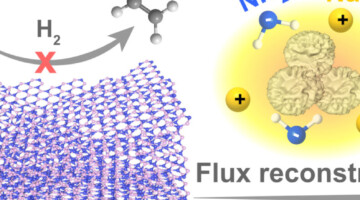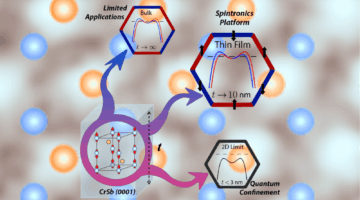The ALS will join forces with SSRL and LCLS for a Joint Users’ Meeting at SLAC National Accelerator Laboratory, September 20–25. We invite the community to shape the program by nominating plenary speakers and proposing tutorials and workshops. We especially encourage ideas for joint workshops involving ALS, LCLS, and SSRL—whether spanning all three facilities or a collaboration between two. The deadline for proposals is March 13. Read more »
All News & Updates
Crunching Big Data Into 3D Images Accelerates Discovery
Advanced Light Source scientists and users can now harness a superfacility pipeline to process 3D data in minutes. Read more »
AI for Smarter, More Powerful, More Efficient Particle Accelerators
The Multi-Office particle Accelerator Team (MOAT) is developing artificial intelligence tools to improve particle accelerators and speed breakthroughs. The collaborative effort is led by Berkeley Lab and is part of the Genesis Mission, a new national AI initiative. Read more »
How a Machine Learning Pipeline Could Accelerate Innovation
SYNAPS-I, a new multi-lab AI platform supporting DOE’s Genesis Mission, aims to accelerate discoveries at advanced light and neutron scattering user facilities. The results could speed breakthroughs in energy, semiconductors, medicine, and many other technologies critical to modern society. Read more »
Director’s Message for January 2026
Interim ALS Director Andreas Scholl gives a preview of what we can expect in 2026 and beyond. From ALS upgrade progress to enhanced collaboration, we are taking essential steps toward maintaining and advancing our leadership in x-ray science. Read more »
Thin-Film Coating Boosts X-Ray Instrument Performance
Optimized thin films doubled the efficiency of gratings in x-ray experiments at the ALS. The atoms-thick copper and gold layers let the grooved surfaces deliver energy that had previously been lost to absorption in the diffraction gratings, which are key elements in x-ray spectroscopy. Read more »![]()
AI Delivers Rapid, Precise Design of Tumor-Targeting Protein
A new protein designed using AI can precisely recognize a key therapeutic target for cancer. X-ray crystallography data collected at the ALS confirmed the new protein’s specificity for its target, demonstrating a configurable and scalable approach to cancer therapy. Read more »![]()
Shan Wu, 2026 Users’ Executive Committee Chair
Shan Wu first came to the ALS as a postdoc at UC Berkeley/Berkeley Lab. Working on quantum phenomena as an assistant professor at Santa Clara University, she uses the ALS as well as other user facilities. She treasures the connections at the ALS which inspired her to join the UEC. Read more »
The Goldilocks of Ethylene Purification
Researchers engineered defects in boron nitride to develop a metal-free route for purifying ethylene to remove acetylene. The ALS shed light on how the engineered defects were responsible for exceptional selectivity. Read more »
Altermagnetism All the Way Down
Altermagnets are an emerging class of magnetic materials that offer the potential for energy-efficient, high-density memory chips. Researchers at Penn State, UC Santa Barbara, and the ALS demonstrated that characteristic altermagnetic band splitting in chromium antimonide is evident in thin films relevant for real-world device application. Read more »
- 1
- 2
- 3
- …
- 141
- Next Page »

